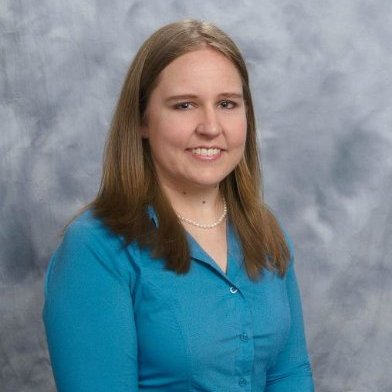Darwyyn Deyo
 |
Associate Professor Department of Economics
Keywords |
Current Research Activities
My research generally falls under the umbrella of law and economics, which studies and evaluates the economic effects of laws, regulations, and other forms of governance. Within this field, I particularly examine the effects of public governance on labor markets and healthcare markets, including both formal and informal sector activity. I also introduce my students to current research and practices on these topics in the classroom, engaging students with pedagogical research. I am currently examining the unintended effects of labor market regulations, such as occupational licensing and wage regulation, to identify the secondary consequences of market interventions. These effects can often be quite significant, and sometimes unexpected. I also research the participation of women in economics, both contemporary and historical. This research in this field contributes to a restorative history of thought. Tackling these sometimes challenging issues is both motivating and exciting for myself and my students.
Research Connections to Current Events
I first studied the issue of occupational licensing as an undergraduate economics student and the issue has interested me ever since. At the time, I did not realize how widespread licensing had become over time, nor that it impacted so many people trying to earn a living. Occupational licensing is not just for lawyers and doctors; it affects hairdressers, tree trimmers, florists, interior designers, electricians, opticians, massage therapists, and more. It also impacts physicians who have passed their board exams but then face additional requirements by state. As an undergraduate student, it seemed to me very similar to a traditional cartel, and extensive research on the subject has illuminated its effects on both the labor force and consumer markets to a new degree. Beyond the subject of licensing, its impact on our health care system is significant but also changing as reformers try to revolutionize and improve access to services for patients. The economic effects of changing the rules represent massive potential for change, which first inspired me in my research.